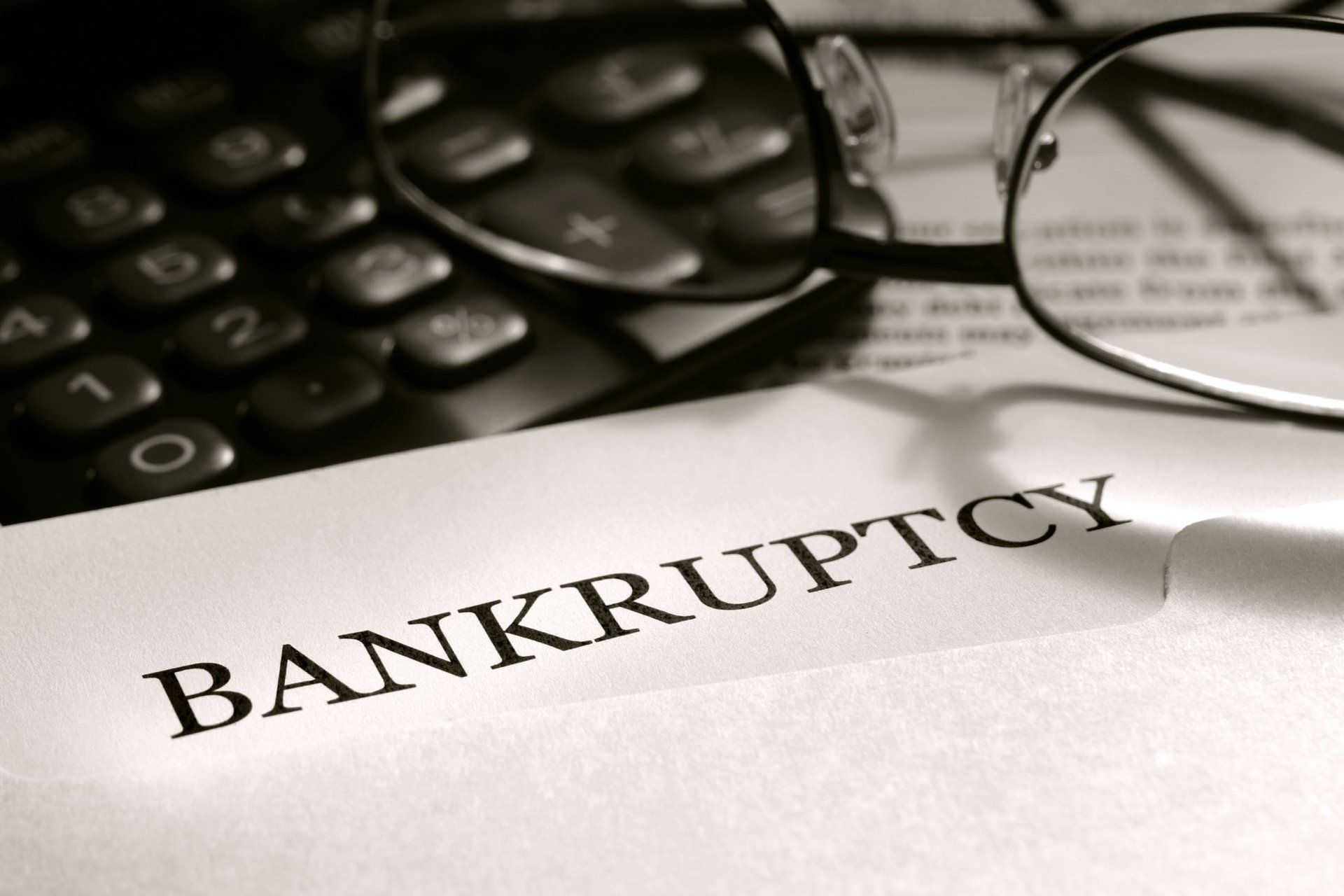What to Know About Filing for Bankruptcy
Filing for bankruptcy can feel overwhelming and daunting; however, it can also provide a valuable lifeline for those facing dire financial situations. It is crucial to understand what filing for bankruptcy entails and how it will impact your financial standing. This process offers a legal solution when debts become unmanageable, and knowing your options and obligations can help you make a more informed decision.
Determine Bankruptcy Type
The first step in filing for bankruptcy is determining which type is most suitable for your individual circumstances. The most common types available to individuals are Chapter 7 and Chapter 13 bankruptcy. Chapter 7 involves liquidating assets to pay off debts, while Chapter 13 allows individuals to reorganize their debts and create a repayment plan. Each has its distinct advantages and limitations, thus understanding the prerequisites and implications of each is essential for making an educated choice.
Consider All Debts
An essential factor to consider is that bankruptcy does not discharge all debts. Some debts, such as student loans, child support, and certain tax obligations, are typically non-dischargeable. Additionally, filing for bankruptcy will extend the time these debts stay on your credit report, potentially affecting your creditworthiness. According to the U.S. Court System, recent studies have found that 8% of those who file for bankruptcy have filed at least once before, indicating the importance of thorough financial planning and management to avoid repeated financial distress.
Consult With an Advisor
Before deciding to file for bankruptcy, it is advisable to consult with a financial advisor or a bankruptcy attorney. Professional guidance can help you understand the full spectrum of your financial situation, evaluate potential alternatives to bankruptcy, and ensure you follow procedures accurately if you choose to file. Legal advice is especially critical, as a misstep in the filing process might lead to complications or a dismissal of your case.
Filing for bankruptcy is a significant legal and financial step that requires a deep understanding of its implications. By scrutinizing the types of bankruptcy, understanding the debts that can and cannot be discharged, and seeking professional guidance, you can navigate this challenging territory with greater confidence. Remember, while bankruptcy can offer relief, it should be considered as a step towards rebuilding your financial future, with mindfulness and strategic planning as your priorities. If you would like to discuss bankruptcy further, contact us at Weinberg & Ziegler PLLC today.






Share On: